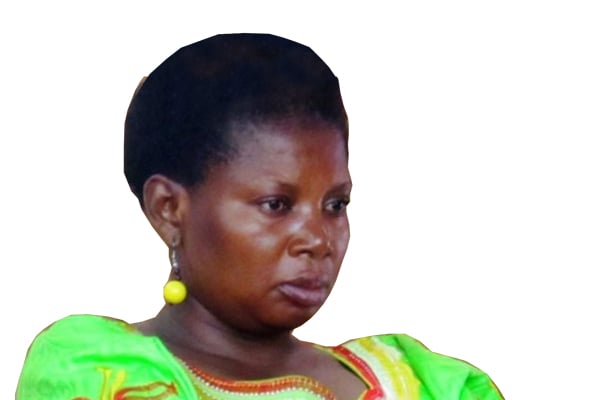Prime
Even with technology journalism still matters
What you need to know:
Traditional media. Yes, circulation figures of newspapers will drop and more people than before now access news online. But unless traditional media fails to reinvent themselves, they are here to stay and will use technology to their advantage, to stay relevant.
Media Focus Africa (MFA) recently invited us to a breakfast meeting in Kampala to discuss one of the things they are passionate about, media viability.
A question was put to us, ‘how do you uphold quality journalism and stay financially afloat during this time of technical advancement and change that has disrupted the media ecosystem?
Leading the discussion was an international media consultant, Eva Georgia from South Africa. Ms Georgia made the case for a media that looks at viability beyond profit, ensuring that other aspects like technological development are part of its development.
She added that one of the most important things the media needs to remember about viability is diversification of their revenue.
I was pleased that we were having important conversations about journalism and media, that for long had been muted. One of the emerging issues was the viability of journalism.
We were asked, ‘is journalism viable?’ For some participants, journalism is the problem. From students who get out of university without ‘real’ skill, good knowledge of the journalistic ‘real’ world, to impatient young journalists who cannot settle and want to be paid way more than the value they can add to the employers.
I liked that question because having some answers would help me give my students assurance that they had a future. I was reminded of another similar meeting I had attended.
The keynote speaker declared that journalists today should be ‘super journalists’. Her idea of a super journalist is one who can write a good story for all media platforms, take good photos, shoot good video, edit and market their own product.
Although she did not say it, I presume that super a journalist must come from the university or media institution ready to roll.
The questions to ask of journalism in these times are many, no doubt. The question of journalism’s viability reminds me of concerns media scholars had in the late 1990s, and early 2000s, asking questions of their own, ‘will journalism survive?’ and ‘will journalism scholarship survive?’.
Some people had begun to predict that the growth of online media would mean the death of traditional media and complicate matters further for the journalist. I have had people wonder about the future of the newspaper in Uganda too.
As a student and researcher of journalism and media studies for several years now, I doubt that I can make the claim that traditional media is on its death bed soon. At least not next year.
Yes, circulation figures of newspapers will drop and more people than before now access news online. But unless traditional media fails to reinvent its, it is here to stay and will use technology to their advantage, to stay relevant.
On the one hand, the media viability issue includes not just the money media houses make, but how they respond to new developments in media, retooling their core staff, investing in their journalists and understanding their audiences.
On the other hand, the journalism viability issue will include most of us in the business of training journalists also making our curriculum current and flexible, thus reflecting the journalistic world.
That means context and local content (literature) will be key ingredients in journalism and media studies education but also investing in innovative teaching and learning with modern technology.
Nothing could have led me to this discussion better than the departure of Joseph Sabiti from NBS television to a civil society organisation and the Komlar Dumor BBC award being given to Solomon Sserwanja of the same station. The outpouring of regret over Sabiti’s departure on social media and the congratulatory messages to Serwanjja spoke volumes.
Despite their different circumstances, all represented incredible celebration of brilliant journalism. I congratulate Joseph and Solomon, who in many ways represent journalistic excellence despite its pitfalls. They make the argument that good journalism matters, easy.
More importantly, good journalism requires nurturing. It is unlikely that journalism students will come out of university as award winning journalists. But nurturing their gifts and skills in the newsroom and their never ending desire for excellence through personal learning and further training will make the difference.
As we do our best, media owners and managers need to see their journalists as important aspects of their viability and invest in them. There has to be a collaboration between these media houses and trainers of journalists that makes the honing of their professionalism and excellence seamless. Only then can journalists tell stories that build human dignity and contribute to media viability.
I hope, like Barbie Zelizer did in her book Taking Journalism Seriously, that these questions will ‘kick off conversations about those issues, mapping out ways in which we may take journalism seriously, by seeking its shadows as well as its lights - broadly, creatively and without prejudice’. I also hope the conversation on media environment in Uganda will continue.
Dr Maractho is the head and senior lecturer, Department of Journalism and Media studies at UCU
[email protected]




